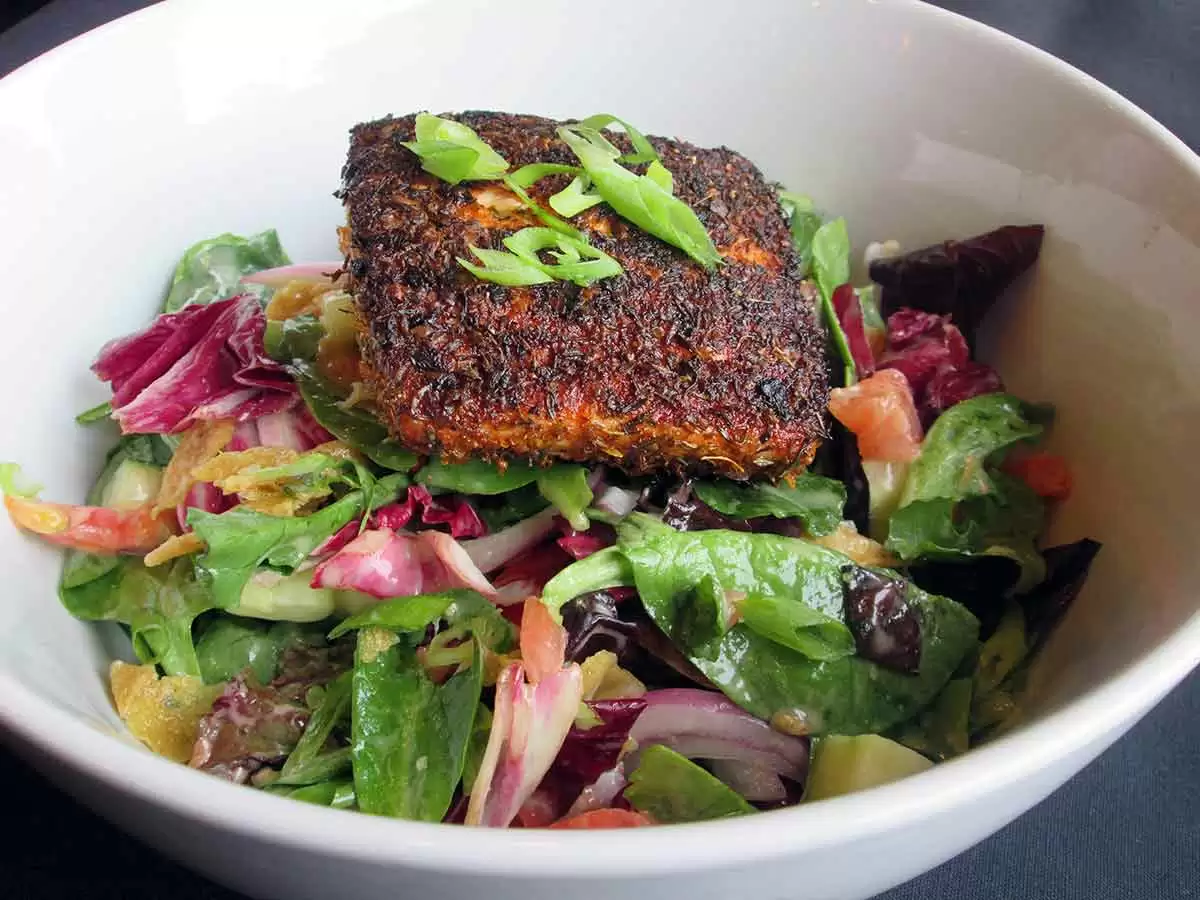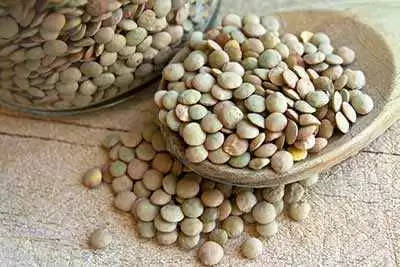
Celiac.com 06/03/2021 - With autoimmune conditions on the rise, and concerns about inflammatory conditions growing, more and more people are looking for dietary alternatives to promote immune health and fight inflammation, especially for those with autoimmune conditions. There have been a number of diets aimed at health improvement, but not many focused on autoimmune conditions. The latest approach to using diet to help people improve symptoms of autoimmune conditions is called the Autoimmune protocol diet (AIP diet).
What is the AIP Diet?
The AIP diet is a nutrition plan to help people with autoimmune conditions lessen symptoms and improve their quality of life. The AIP diet eliminates foods that may worsen symptoms or increase inflammation.
Celiac.com Sponsor (A12):
The AIP diet is designed to treat most autoimmune conditions, including:
- Celiac disease
- Crohn’s disease
- Hashimoto’s thyroiditis
- Lupus
- Multiple sclerosis
- Rheumatoid arthritis
- Sjögren’s syndrome
- Transverse myelitis
- Ulcerative colitis
What foods can you eat on an AIP diet?
The AIP diet includes nutrient-dense foods that supposedly reduce inflammation and promote healthy gut bacteria. The idea is that improving gut health will help improve autoimmune conditions.
The AIP diet includes:
- Chicken
- Coconut
- Coconut oil
- Fish
- Fruits
- Meat
- Vegetables (except nightshades)
What foods does the AIP diet eliminate?
Though formulations can vary, the AIP diet looks to eliminate foods that promote inflammation.
The AIP diet eliminates:
- Dairy
- Food additives (e.g. nitrates, emulsifiers, preservatives) (1)
- Gluten
- Grains
- Nuts and seeds
- Legumes (beans, peanuts)
- Nightshade vegetables (tomatoes, peppers, potatoes, and eggplant)
- Oils (e.g. soy and canola oil)
- Added sugars and sweeteners
- Coffee and alcohol
The role of food in autoimmune disease
Diet has a great influence on gut health, and more and more clinicians are looking at the role of diet on autoimmune disease.
Celiac disease is an autoimmune disorder that is treated solely by diet. We know that the gluten-free diet used to treat celiac disease positively changes gut bacteria. Could an AIP diet provide further improvement?
Early research supports AIP diet
A number of studies have shown promising results using an Autoimmune Protocol Diet on patients with autoimmune conditions.
Inflammatory Bowel Disease ( Crohn’s & Ulcerative Colitis)
In 2017, researchers conducted the first known study using the AIP diet to treat inflammatory bowel disease. They assessed 15 patients with either Crohn’s disease or ulcerative colitis, who followed a 6-week elimination diet. During this period, the patients eliminated foods prohibited by the Autoimmune Protocol Diet. After the first 6 weeks, they continued on the AIP diet for 5 weeks. Patients experienced general reduction in inflammation, and after the first 6 weeks, 73% were in remission and stayed in remission for the duration of the diet.
Hashimoto's-Autoimmune Hypothyroidism
A small 2019 study that assessed the AIP diet in conjunction with lifestyle changes on people with Hashimoto’s thyroid disease showed that after 10 weeks, patients saw a substantial improvement in the quality of life, disease burden, and inflammation markers in the blood.
Multiple Sclerosis (MS)
When conventional medication and treatment failed to stop multiple sclerosis progression in Dr. Terry Wahls, she designed and adopted a strict, modified paleo AIP diet. Dr. Wahls went from using a wheelchair to riding her bicycle. Her diet formed the basis for a 2015 study that showed dietary changes similar to the AIP diet helped people with multiple sclerosis to feel better and have fewer symptoms. In fairness, Dr. Wahls' approach includes lifestyle modifications, daily stretching, nutritional supplements, and stress management, so the results may not be due solely to diet. However, diet was surely a part of the results.
Recent Research On The AIP Diet includes:
Efficacy Of The Autoimmune Protocol Diet For Inflammatory Bowel Disease
Efficacy Of The Autoimmune Diet For Hashimoto’s Thyroid Disease
The Autoimmune Protocol Diet And Effect On Quality Of Life In Inflammatory Bowel Disease
The Autoimmune Protocol Diet And It’s Effect On Gene Expression In Inflammatory Bowel Disease
The Drawbacks Of AIP
Of course, it is important to get plenty of exercise and rest, keep stress low, and maintain healthy vitamin D levels, all of which have been shown to affect inflammation, which is a key component of autoimmune disease. But, now we know the effect of diet on autoimmune disease is real. Thus far, the results of studies done on the specific effect of the AIP diet on autoimmune disease have been encouraging. They have been shown to help lower inflammation and improve quality of life by reducing symptoms and improving energy.
Still, the AIP diet isn’t for everyone. It can be emotionally and socially challenging, expensive, and requires people, who can't afford a delivery service, to prepare their own meals.
But, for anyone looking for options to help improve their autoimmune symptoms, the AIP diet may be worth trying. It's fairly easy to adopt. It can be done in stages, and the results are usually pretty clear after a few months. Especially for anyone with celiac disease, or other autoimmune conditions, who is having lingering issues, it may be worth exploring the AIP diet.
Do you or anyone you know follow the AIP diet to treat celiac disease, or another autoimmune condition? Has it helped? Share your experience below.
Read more in The Autoimmune Protocol Diet (AIP Diet): Does it help?











Recommended Comments
Create an account or sign in to comment
You need to be a member in order to leave a comment
Create an account
Sign up for a new account in our community. It's easy!
Register a new accountSign in
Already have an account? Sign in here.
Sign In Now